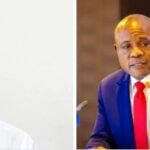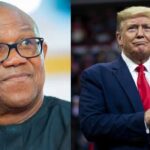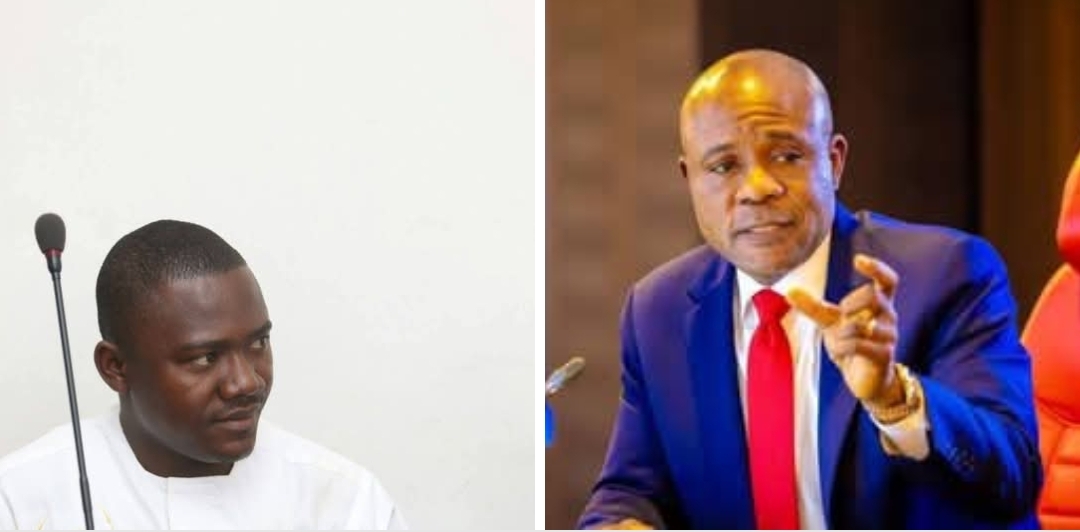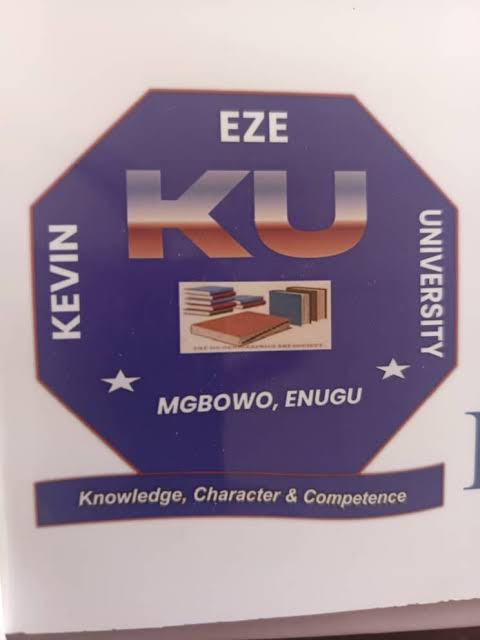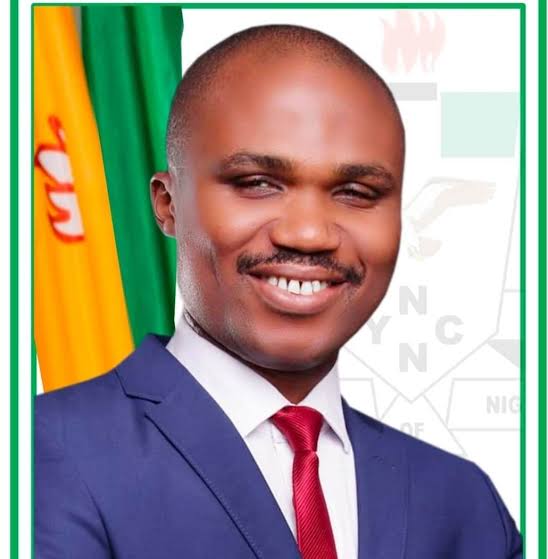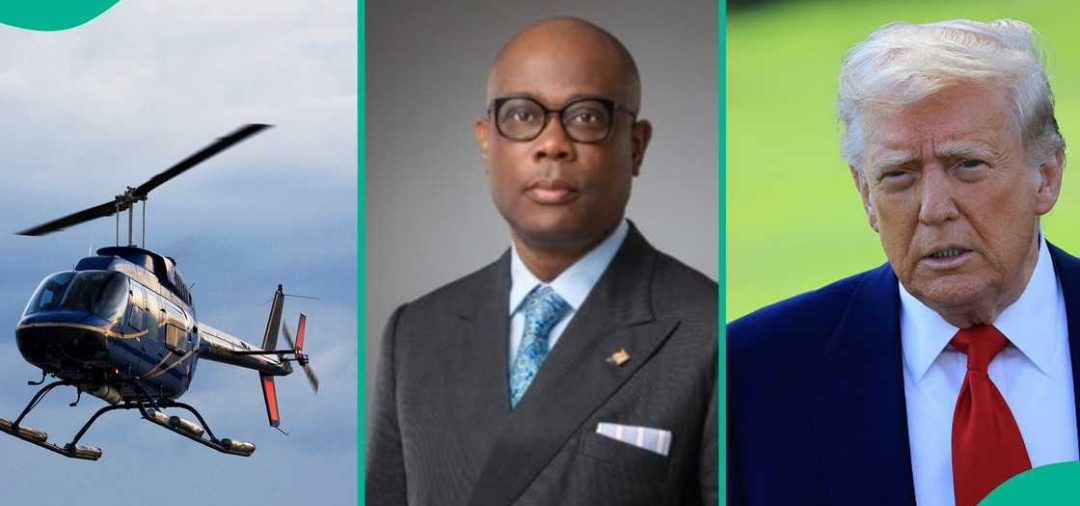
• Many Scandals under Buratai
• The Massacres of innocent civilians under Buratai
• How Presidency Failed to investigate allegations against Buratai
*Why Buhari granted him diplomatic immunity
By Mike Odeh James
Few weeks ago, his tenure as one of the longest serving Army boss came to an end when the Presidency claimed to have accepted the resignation of the former Chief of Army Staff alongside other service chiefs
Despite the setbacks the Army experienced in fighting Boko Haram insurgency on the North East and bandits in the North West, President Muhammadu Buhari who was reluctant in sacking his Buratai rewarded him with an ambassadorial position after he resigned.
Hence the need to investigate reasons why the President decided to grant his former Arny boss a diplomatic status.
When he appointed him as the Chief of Army Staff in 2015, he was faced with allegation of financial impropriety and corruption.
The allegation against Lt Gen Tukur Buratai was he bought two houses in Dubai worth $1.5m.
Investigations then, revealed that on 13 January, 2013, Lt Gen Buratai and his wives spent the sum of 1,498,534.00 AED (N120 million/$419,000) to acquire their first property in Dubai.
Furthermore, less than two weeks after he was appointed Chief of Army Staff, Buratai made a second payment evidences shot to limelight that Buhari had clinched a deal to buy another costly push apartment in Dubai.
Evidence gleaned from subtle investigation further showed that between July 24 and August 17, 2015, General Buratai paid a whooping sum of N42.2 million into TFG Sigma 111’s account in Nigeria (Skye Bank 1770380452) for the purchase of the property.
The investigation also showed that the General began massively acquiring wealth and properties around 2013, a period which was tagged an era of massive corruption in the military.
Buratai was then accused of shortchanging the Army by using a chunk of funds meant to buy new Army vehicles for his personal means while using a meagre to refurbish old vehicles.
Initially, the President choose to glaze over the allegations, while Buratai himself tagged the reports of his corruption as “sponsored by opposition and Boko Haram”.
Due to the persistent public outrage, the Government said it had concluded its investigation and had come out with its findings.
The findings of the Government is said:
“Government, after investigating a recent media report over the acquisition of property in Dubai, by General Buratai, discovered that he and his wives invested as “shareholders”, like many other persons in the property mentioned in the publications and were not sole owners.
“If you know the property being referred to, you would know that they are like quoted companies. You buy into them and get dividends as profit from your investments. You can also do your own private findings on this fact.”
And with that fiat, the Government ended the brouhaha over alleged General’s corruption.
To many Nigerians and indeed to outsiders $1.5 million is huge an amount to be amassed by a government official especially an Army officer whose remuneration for the next 20 years won’t go near the said amount.
Thus underlying question is how a serving public officer can have the financial clout to acquire assets worth $1.5 million.
What is his source of income?
The national publicity secretary of Afenifere, Yinka Odumakin, in an interview with The Punch accused the Army of manufacturing evidences to defend the General.
Odumakin said. “The defence the army put up for him is so silly to be believed outside the barracks. All the earnings of Buratai since he joined the army, if all were saved, cannot buy a house in Dubai, let alone two”.
The Chairman of Nigeria Bar Association, Ikeja chapter, Monday Ubani also lampooned the findings that cleared the Army general. “How can they be the ones to clear him? Are they security agencies? If somebody is alleged to have committed a crime, can another agency that has no constitutional powers clear him? On what basis did they clear him? They should have allowed the EFCC to investigate the man. It sounds ridiculous. That cannot be clearance,” he opined.
In 2016, the Army chief was once again accused of benefiting from proceeds of corruption when the Owner of Dialogue Group of Companies, Shehu Mahdi revealed that Buratai received N250 million from Katsina State Governor, Bello Masari.
Again, the Presidency did not react to the allegation by Alhaji Mahdi rather, General Buratai’s lawyers wrote to Mahdi asking him to tender an apology in a week in four national dailies or face stiff penalties.
Madhi did not retract nor apologize and the Army Chief did nothing about it.
Under his tenure as Army boss, not one but many Army personnel complained of the Army being underfunded, soldiers not given adequate ammunition and arms to fight the bandits’ insurgency.
Personnel of Nigeria Army have complained bitterly of poor operational equipment and remuneration for Army personnel despite the huge amount of money madeavailable.
Recently, Maj.-Gen. Olusegun Adeniyi, Commander of Operation, Lafya Dole, Nigeria‘s Counter-Terrorism headquarters, was removed for exposing inferior military wares and poor equipment of troops while addressing the Chief of Army Staff from combat zone after successfully repelling an attack from Boko haram militants.
Another young officer, Martin Idakpeni was also detained for complaining that Army personnel are not well equipped to face Boko Haram insurgents.
The young officer who spoke via a video clip which went viral also accused his boss of neglecting the well-being of his men as a result of poor remuneration and lack of modern fighting tools to adequately confront the insurgents, 356 soldiers serving in the North East and other theatres of operations, wrote to the Chief of Army Staff Buratai asking for voluntary retirement from the force, citing loss of interest as reasons for their retirement.
The soldiers wrote their resignation letters on July 3, 2020.
Another threat that Army is faced under Buratai is the threat of desertion and mutinies due to perceived underfunding under Buratai.
A federal legislator, Mohammed Munguno from Borno North raised the alarm on the parlous state of the Amy under the former chief of Army Staff.
According to the lawmaker, on several occasions, Nigerian soldiers have disobeyed orders from superior officers in protest of poor welfare arrangements and alleged embezzlement of allowances due to them by their superiors.
Monguno added that there had been cases of mutiny resulting in sporadic shootings and attempted lynching of senior officers by junior officers.
Mungonu explained that, “not too long ago, the General Officer Commanding 7 Division of the Nigerian Army in Maimalari, Maj-Gen. Victor Ezegwu, escaped being lynched by rampaging soldiers for leaving them with neither food nor water while fighting in the North Eastern part of the country for couple of days”.
Not only was Buratai’s five years tenure laced with uninvestigated allegations of corruption but it also was characterized by cases of extrajudicial and mass killings by soldiers.
Perhaps in the history of the Army apart from the civil war in the 60s, never its personnel been accused of extra judicial like under Buratai.
Some of these killings by the Army under Buratai is now the focus of investigation by international organizations especially the International Criminal Court, ICC.
One of such extra judicial killings was the Zaria massacre.
The massacre carried out by the Nigerian Army in Zaria, Kaduna on Saturday, 12 December 2015, against Shia Muslims, mostly members of the Islamic Movement in Nigeria.
Reports had it that no less than 348 civilians were killed, with 347 bodies secretly buried by the army in a mass grave.
The Army claimed that it had responded to an attempt to assassinate Nigeria’s Chief of Army Staff, Tukur Buratai, by the Islamic Sect. However, the sect refuted the claim of the Army, saying that the Shia members were not armed and that the killings were premeditated.
According to Human Right Watch, the members of Islamic Movement only blocked the route of the Army boss, but it was in no way a threat.
HRW also claimed that apart from shooting dead more than 347 unarmed civilians, it burnt those bodies it could not bury.
The Zaria massacre elicited a lot of commotion and international condemnation that Kaduna State Government was forced to set up a committee of investigation under the chairmanship of Justice Mohammed Garba.
The committee which commenced in January 2016 rounded up its inquiries into the killing on August 2016.
The commission of inquiry found the army gunned down 348 Shia Muslims and urged the prosecution of all those involved in the killings.
By and large, nothing was done about the perpetrators of the massacre, the IMN prosecuted and Sheik Ibrahim El Zakzakky remains in prison custody till date.
Nonetheless, the Zaria massacre hadn’t escaped the notice of the International Criminal Court at The Hague.
Again the Army under Buratai was accused of systematically killing its people between August 2015 and August 2016.
Amnesty International which made the allegations stated that about 150 pro Biafran protesters who were embarked on peaceful protesters were killed by the Army.
The incidence according to AI occurred in the South East of Nigeria.
Dr. Makmid Kamara, Country Director of Amnesty International said.
“Analysis of 87 videos, 122 photographs and 146 eye witness testimonies relating to demonstrations and other gatherings between August 2015 and August 2016 consistently shows that the military fired live ammunition with little or no warning to disperse crowds.
“It also finds evidence of mass extrajudicial executions by security forces, including at least 60 people shot dead in the space of two days in connection with events to mark Biafra Remembrance Day.
“This deadly repression of pro-Biafra activists is further stoking tensions in the south east of Nigeria. This reckless and trigger-happy approach to crowd control has caused at least 150 deaths and we fear the actual total might be far higher,” said Makmid Kamara, Interim Director of Amnesty International Nigeria.
If the reports of Justice Mohammed Garba and Makmid Kamara did not ruffle the feathers
of the military brass and the Commander in Chief of the Armed Forces, then the incidence at the Lekki Toll Gate was struck a fear into the heart of the military hierarchy.
On 22nd October, 2020, young Nigerians armed with Nigerian flags and telephones, were protesting incessant cases of police brutality were shot at by Nigeria Army .
Amnesty International and eyewitnesses reported that at least 12 people were killed during the shooting, other bystanders alleged that the number is definitely higher.
Furthermore, there have multiple of complaints about missing persons and a few have been confirmed to be hospitalized and in critical condition.
The shooting of young protesters sparked an outrage both within and outside the country with American President then condemning the violence. In the same vein incoming United States President, Joe Biden expressing outrage.
Sensing that the Lekki Massacre would attract major international backlash all the major actors, Lagos State Governor, Babajide Sanwo- Olu denied the loss of lives but later admitted that two lives were lost.
Likewise, Nigeria Army denied that its personnel were not at the toll gate nor at the scene of the shooting .However, it later admitted that the Army was in the premises but that its personnel did not shoot.
The story of the Army kept changing as it later admitted the personnel shot at the protesters but they did not use live bullets.
Reacting to the allegations that dozen of protesters were killed by the Army, government spokesman challenged families of those who lost loved ones to openly speak out.
But reports from journalists also speak of massive attempt by the Army authority and government to cover up the killings.
The reports further indicted the Army and Police of carting away bodies of dead protesters and clinically disposing of them.
Besides, attempts by people to indict the Army for the killings were stifled.
On November 18, exactly thirty days after the incident, CNN aired a six-minute
Documentary on the shooting, the investigation showed photographs of victims and eyewitness accounts, as well as the families of victims, alongside verified videos of the shooting using
timestamps and data.
The CNN investigation further revealed that bullet used on the protesters were actually imported by Nigeria Army from Serbia between 2005 and 2016.
As the authorities in Nigeria try to cover the killings, countries and foreign bodies have pressed for prosecution of those responsible.
Furthermore, the ICC revealed that it has commenced investigations into the killings.
According to a legal expert, Andrew Yusuf, the Army definitely authorized the killing of the Lekki protesters and if the Chief of Army Staff as of that time, did not punish the killers he and his Commander in Chief would be deemed as suspects in mass murder.
Top human right lawyer, Femi Falana had no doubt that Buratai and others would stand before the ICC for extra judicial killings of not only the Lekki protesters but for the killing of IMN supporters.
“Perhaps, it is all these considerations that President Muhammadu Buhari foresaw that he decided to grant diplomatic immunity to all the Ex Service Chiefs by appointing them as ambassadors”, Chima Adah of Society for Protection of Nigerian Lives opined.

